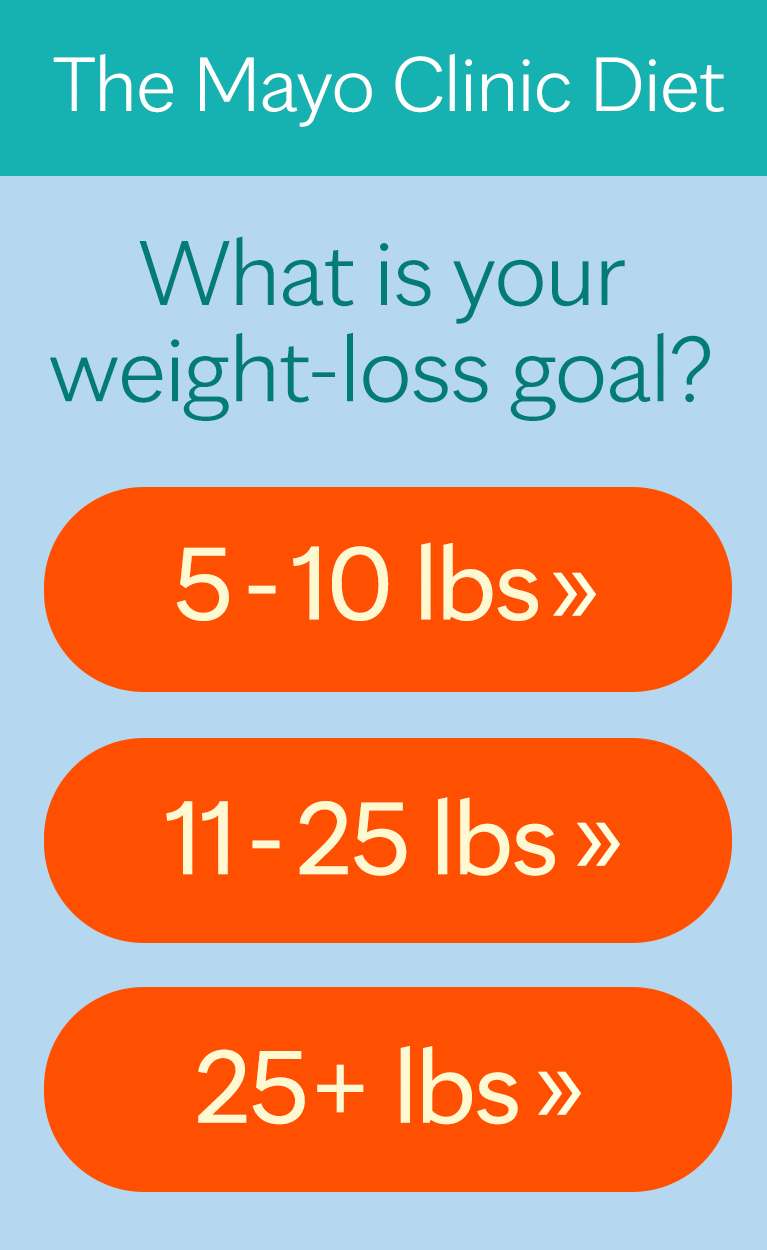Mmqci-Maine Molecular Quality Controls Inc. Average ... - mmqci
Having a high level of triglycerides in your blood can increase your risk of heart disease. But the same lifestyle choices that promote overall health can help lower your triglycerides, too.
There is a problem with information submitted for this request. Review/update the information highlighted below and resubmit the form.
Triglycerides are an important measure of heart health. Here's why triglycerides matter — and what to do if your triglycerides are too high.
If you've been keeping an eye on your blood pressure and cholesterol levels, there's something else you might need to monitor: your triglycerides.
To provide you with the most relevant and helpful information, and understand which information is beneficial, we may combine your email and website usage information with other information we have about you. If you are a Mayo Clinic patient, this could include protected health information. If we combine this information with your protected health information, we will treat all of that information as protected health information and will only use or disclose that information as set forth in our notice of privacy practices. You may opt-out of email communications at any time by clicking on the unsubscribe link in the e-mail.
Your doctor will usually check for high triglycerides as part of a cholesterol test, which is sometimes called a lipid panel or lipid profile. You'll have to fast before blood can be drawn for an accurate triglyceride measurement.
If you regularly eat more calories than you burn, particularly from high-carbohydrate foods, you may have high triglycerides (hypertriglyceridemia).

High triglycerides are often a sign of other conditions that increase the risk of heart disease and stroke, including obesity and metabolic syndrome — a cluster of conditions that includes too much fat around the waist, high blood pressure, high triglycerides, high blood sugar and abnormal cholesterol levels.
They'll be super-thankful. Plus, if Roblox doesn't attribute the referral properly it will help you both of claim your due rewards.
High triglycerides may contribute to hardening of the arteries or thickening of the artery walls (arteriosclerosis) — which increases the risk of stroke, heart attack and heart disease. Extremely high triglycerides can also cause acute inflammation of the pancreas (pancreatitis).
Why don't you post your links on Invitation too? List the products you love. Get rewarded. It's quick & free.
If your doctor prescribes medication to lower your triglycerides, take the medication as prescribed. And remember the significance of the healthy lifestyle changes you've made. Medications can help — but lifestyle matters, too.
Sign up for free and stay up to date on research advancements, health tips, current health topics, and expertise on managing health. Click here for an email preview.
When you eat, your body converts any calories it doesn't need to use right away into triglycerides. The triglycerides are stored in your fat cells. Later, hormones release triglycerides for energy between meals.




 Neil
Neil 
 Neil
Neil